Rajastan//यह मामला रतनगढ़ थाना क्षेत्र का है. 27 दिसंबर को गांव बछरारा के खेत में 26 वर्षीय युवक का शव पेड़ से लटका मिला था. शुरुआत में परिजनों ने पुलिस में आकस्मिक मृत्यु (मर्ग) दर्ज कराई थी. लेकिन दो दिन बाद जब मृतक का सुसाइड वीडियो पुलिस को सौंपा गया, तो पूरे मामले ने नया मोड़ ले लिया. इसके बाद पुलिस ने जांच की दिशा बदलते हुए गंभीर धाराओं में पड़ताल शुरू कर दी.
रतनगढ़ थानाधिकारी गौरव खिड़िया ने बताया कि मृतक द्वारा बनाया गया वीडियो सामने आने के बाद मामले की गंभीरता को देखते हुए गहन जांच की जा रही है. मोबाइल फोन और अन्य सबूतों के आधार पर आगे की कानूनी कार्रवाई की जाएगी.
पत्नी और मामा के रिश्ते से टूट गया था युवक
पुलिस के अनुसार, वीडियो में युवक ने बताया कि उसकी शादी करीब 10 महीने पहले हुई थी और शादी के चार महीने बाद ही उसकी पत्नी और मामा के बीच प्रेम संबंध बन गए. उसने सास-ससुर और मामा से हाथ जोड़कर अपनी पीड़ा बताई, लेकिन किसी ने उसकी बात नहीं सुनी. वीडियो में युवक ने कहा- मैं एक गरीब परिवार से हूं. मेरे मामा तीन बच्चों के पिता हैं, इस अपमान और मानसिक यातना के चलते मैं यह कदम उठा रहा हूं. दोषियों को सख्त सजा दी जाए.”
पहले भी झेल चुका था परिवार गहरा सदमा
बताया जा रहा है कि युवक मजदूरी कर अपने परिवार का पालन-पोषण करता था और वही घर का इकलौता कमाने वाला था. कुछ समय पहले उसके पिता ने भी आत्महत्या कर ली थी. वहीं, उसकी पत्नी पिछले कुछ समय से पीहर में रह रही थी. इस घटना के बाद पूरे गांव में शोक और आक्रोश का माहौल है.”




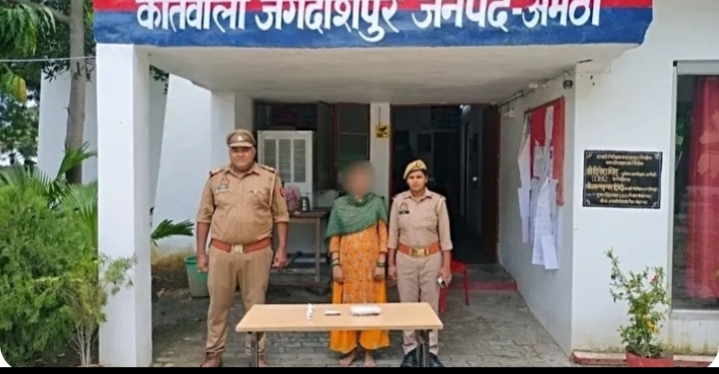

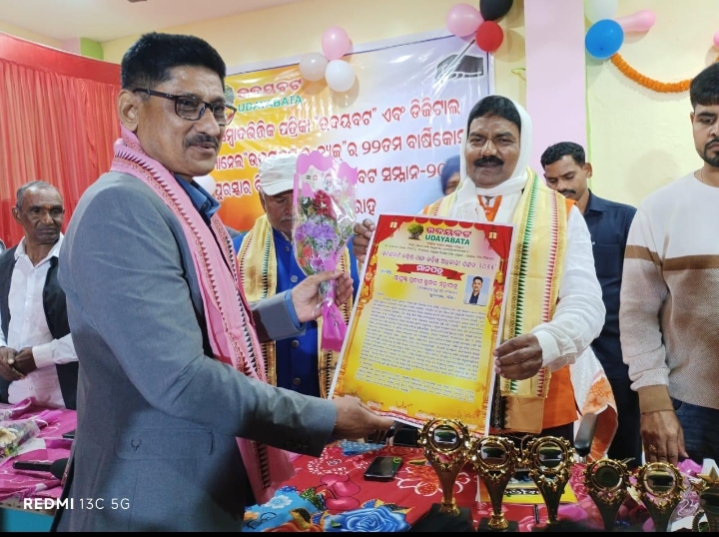
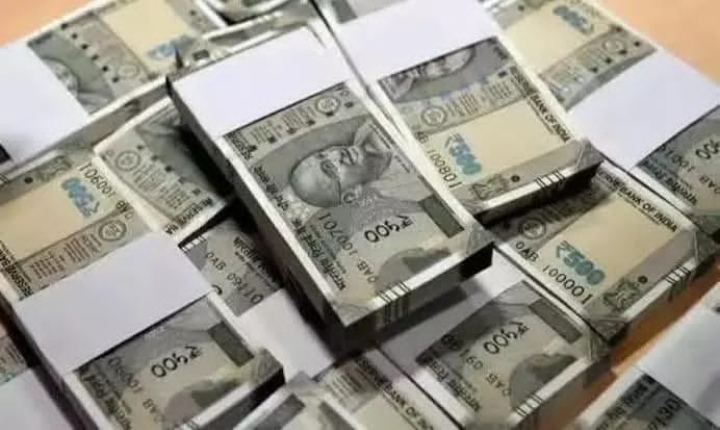
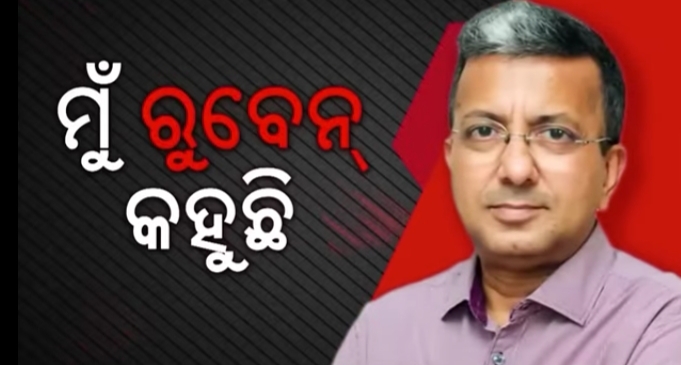
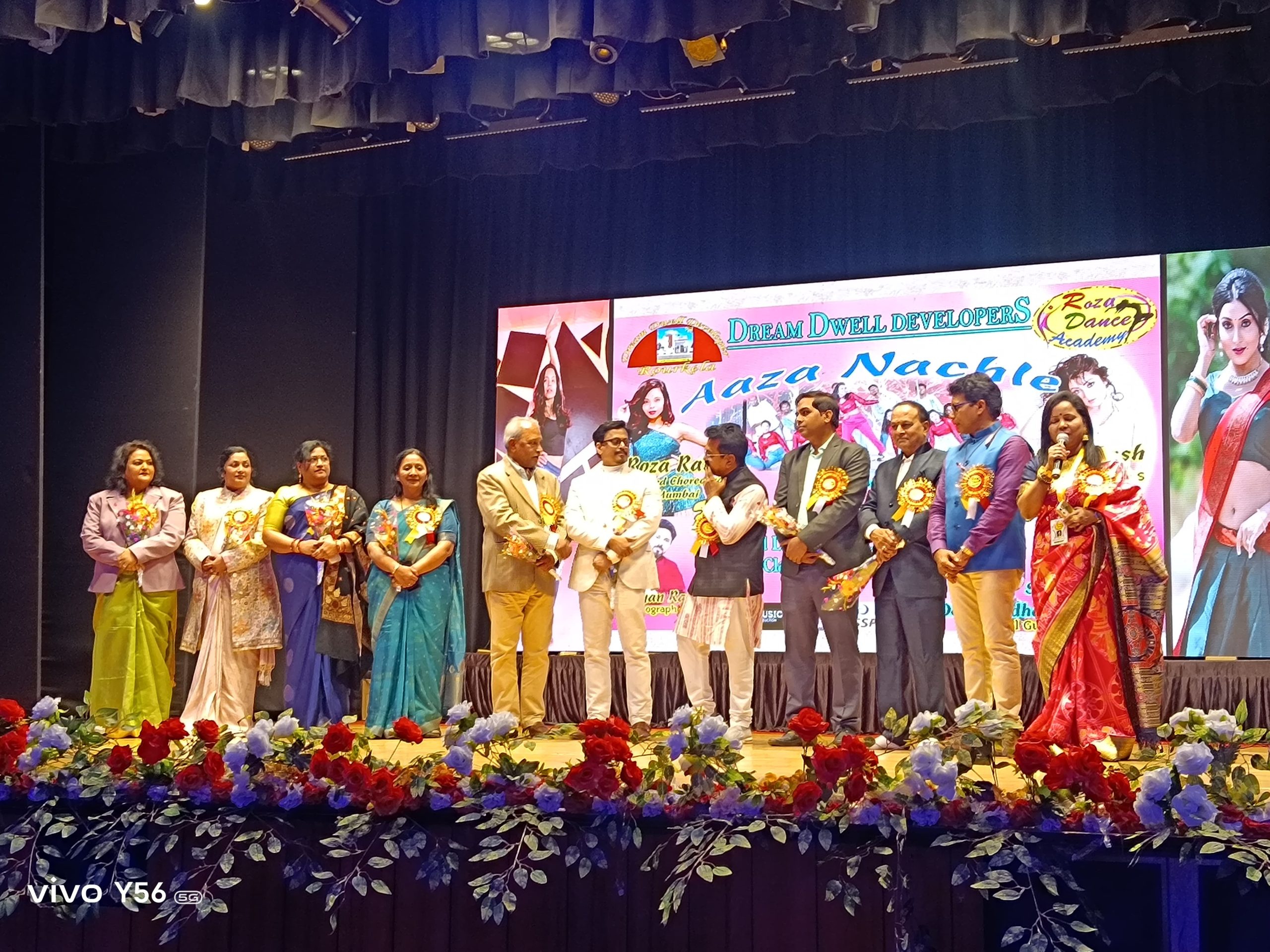
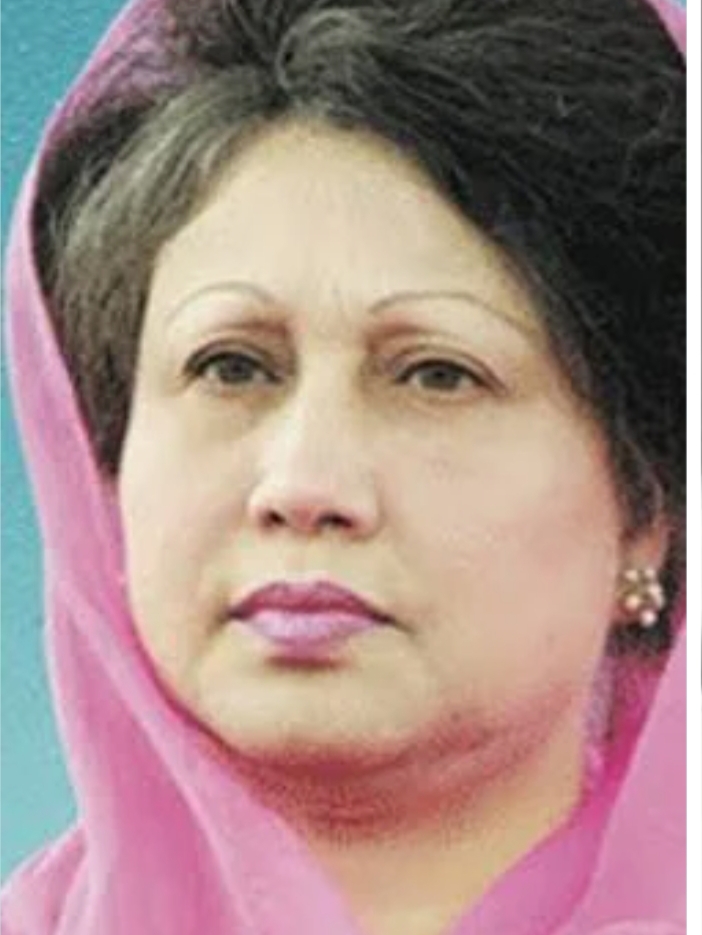
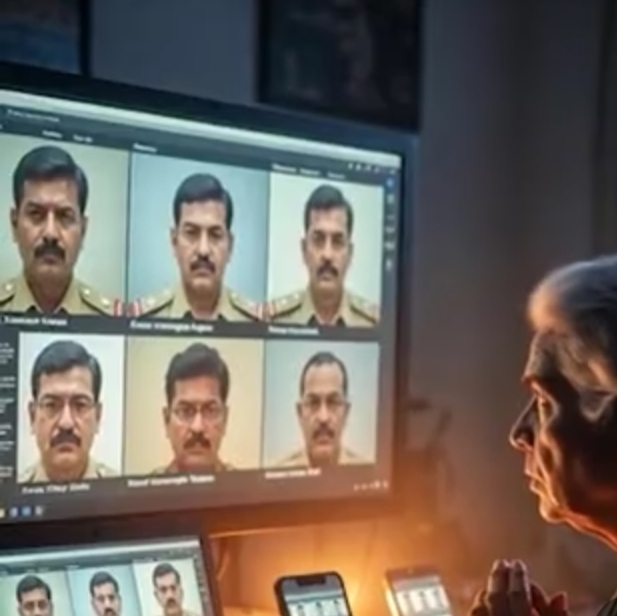
Leave a Reply